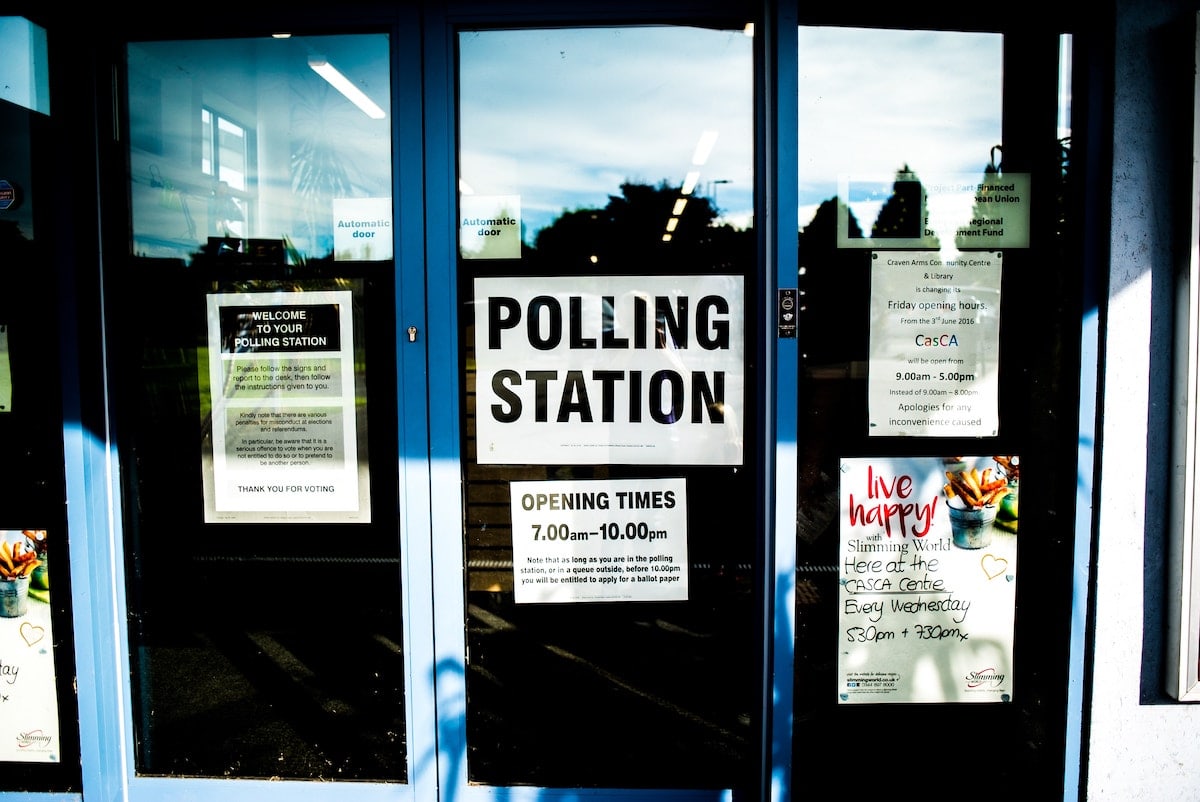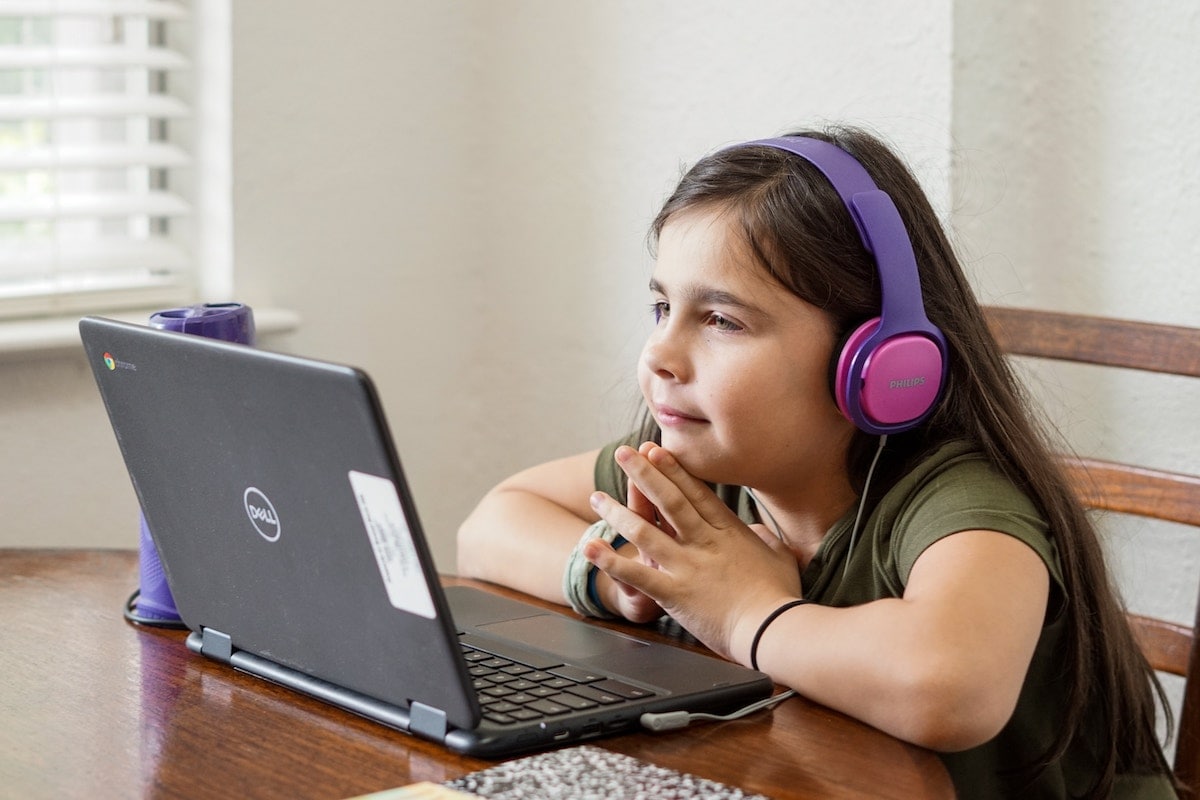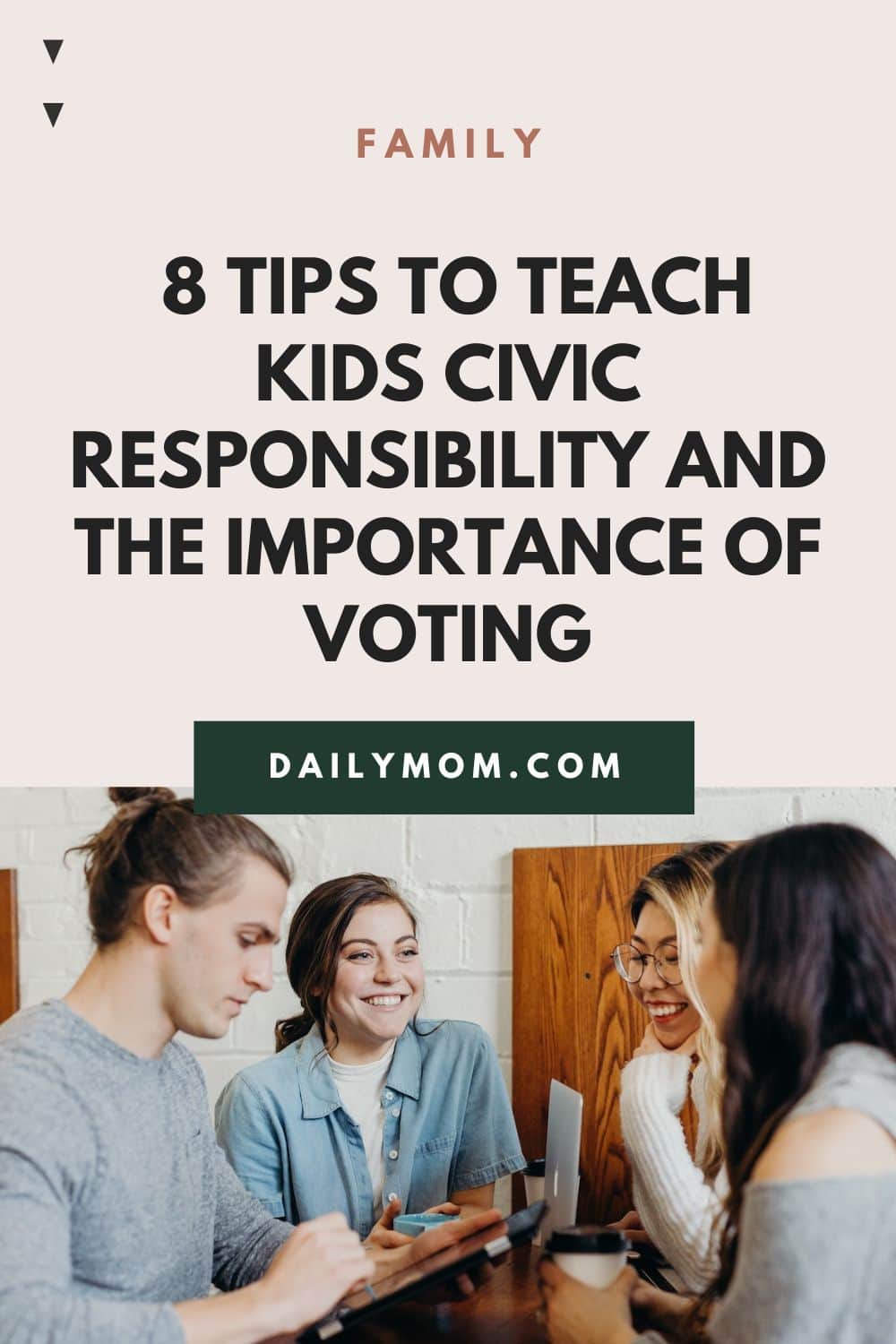As mothers, we have the extraordinary privilege of witnessing the unfolding potential in our children—their innate curiosity, boundless energy, and unyielding desire to explore the world around them. Within these young hearts lies an immense power, one that can shape the future and create positive change. This is why it is so important to teach kids civic responsibility and the importance of voting. Nurturing their understanding of democracy and voting paves the way for them to become confident, compassionate leaders, poised to make a difference in the lives of others.
It is we, as mothers, that have the power to create change by teaching the future generation. With a mother’s love as our guide, we navigate the waters of empowerment and plant the seeds of civic responsibility that will flourish for generations to come as we empower future citizens to embrace their potential and shape a brighter tomorrow.
Introduction to Civic Responsibility
Civic responsibility is a key factor in establishing successful individuals and a prosperous society. It is a concept that encompasses a variety of behaviors that help maintain order and create a positive environment. From voting in elections to following laws and regulations, civic responsibility helps define a collective civic identity and allows citizens to work together toward a common goal.
Teaching children about civic responsibility is an important part of developing a healthy and well-functioning society. Studies have shown that children who are taught civic values and understand their responsibility to their community are more likely to be active citizens who contribute to the betterment of society.
One of the most important aspects of civic responsibility is voting. Voting is a key part of democracy and is essential for citizens to make their voices heard. When children understand why it is important to vote, they are more likely to participate in the electoral process when they become adults.
There are many ways to teach kids the importance of voting. Simply talking to your children about voting and who you are going to vote for is an easy way to start. For younger children, books and movies can help explain the concept of voting and why it is important. For older children, engaging in activities such as volunteering in the community or writing letters to elected officials can help them understand the impact they can have on local and national issues. You can also take your children with you when you vote so they gain first-hand experience and gain familiarity with the voting process.
Understanding the Importance of Voting
Voting is one of the most important responsibilities of a citizen in a democracy. It is the baseline for a healthy democracy, and it is the fundamental right of citizens to be able to make decisions about who represents them in government.
When teaching young people about civic responsibility, it is important to emphasize why it is important to exercise their right to vote. Teaching the history of governments here and around the world. This helps younger generations to understand the importance of voting and why it is essential to participate in the political process.
Another way of teaching the importance of voting is to explain the concept of representation. Younger generations need to understand that when they vote, they are making a decision that will have an impact on their daily lives, and they have the power to make a difference. Explaining how different candidates or parties can represent different groups or causes can help young people to understand the importance of their vote.
In addition to teaching the importance of voting, it is important to also emphasize the importance of being an active and informed citizen. Teaching young people about the different branches of government, the roles of different elected officials, and the importance of staying informed about current events can help younger generations to be more engaged in the political process.
Read More: Out-of-State Voter Registration Made Easy

Teaching Children About the Power of Their Voice
Children need to learn how to use the power of their voices to become active members of society. It is important to discuss with children why their contribution matters. Show them how their voice, along with the voices of their peers, can make a difference. This can be done by discussing current events and how their opinion can lead to positive change. An easy way to do this is to speak to them as if they were an adult. They may be small but they have big minds and can understand a lot more than we think.
Another way to teach children about the power of their voice is by encouraging them to participate in discussions. Ask them questions and invite them to share their thoughts and opinions. This will help them develop the confidence to speak up and make their voice heard. It is also important to provide a safe space for kids to express their views without fear of judgment.
Lastly, teaching children about the power of their voice also includes teaching them how to use their voice to make a difference in their community. Encourage them to get involved in local causes and volunteer. This will not only help them build a sense of civic responsibility but also show them how their voice can lead to positive change.
Read More: Using Military Spouses as Voices in Politics

Explaining the Electoral Process
Explain the electoral process to your kids. This will give them the knowledge they need to participate in the electoral process.
The first stage of the electoral process is voter registration. Voter registration is the process of registering to vote in an election. Citizens need to be registered to vote to have the opportunity to take part in the election. To be registered, citizens must provide their name, address, and other identifying information.
The next step is Election Day. This is the day when citizens go to the polls to cast their votes. Depending on the type of election, Election Day may be held on a specific day or over some time. The polls will be open for a specified amount of time and voters must cast their votes before the polls close.
Once the polls have closed, the votes are counted. This process is done in a secure location and involves counting each ballot. Once all of the votes have been counted, the results of the election are announced.
The last stage of the electoral process is the certification of the election results. This is the process of verifying that all of the votes were counted properly. The results must be formally certified by the governing body to be valid.
You can also look to outside resources to help explain the voting process to your kids. Try a podcast that will help them understand and will also be fun for the family to listen to on your next car ride.
Encouraging Kids to Get Involved
The best way to encourage kids to get involved and teach them about civic responsibility is to show them how their decisions impact the world around them. You can do this easily at home. It may be as simple as asking them to choose a snack for the family or a show to watch, and then explaining how that decision affects everyone in the family. The same could be applied when talking about voting on election day and the importance of their voice in the community.
In addition to teaching children about the importance of voting, parents, and educators can also incorporate civic responsibility into their everyday activities. For example, parents could incorporate activities such as recycling, volunteering, or picking up trash into their children’s daily routines. This could be done in the form of a game or a challenge, making it fun and engaging for the kids to take part in. By giving children the chance to put their knowledge into practice, they will become more confident in their abilities, and more likely to participate in civic activities in the future.

Instilling a Sense of Civic Duty
Raising children to become responsible citizens is one of the most important goals of parenting. As citizens, our children will be the ones to shape the future of the world we live in. To instill a sense of civic duty in our children, we must give them the tools to become informed responsible citizens.
One way to teach civic responsibility is to have meaningful conversations with children about current events and teach them the value of expressing their opinion. Discussing the news with your children, even at a young age, allows them to understand the world around them and how politics plays a role in everyday life. Additionally, parents can encourage their children to participate in activities that advocate for what they believe in, such as writing letters, joining protests, or hosting a charity event.
To teach the importance of voting, parents should emphasize the power citizens have when they cast their votes. Make voting a normal part of everyday life; take your children with you to the polling booth and explain why voting is important. When children start to understand the power that their vote holds, they will be more likely to make an effort to learn about the issues and candidates.
Another great way to teach civic responsibility is to get involved in the community. Whether it’s attending a city council meeting or volunteering at a local soup kitchen, the more children are exposed to the community, the more likely they are to understand the importance of their role in it. Additionally, children who are exposed to service will gain a greater appreciation for their involvement and feel a stronger connection to their community.
It’s important to remember that civic responsibility is a skill that takes time and practice to develop – it’s not something that can be taught in a single lesson. However, by having meaningful conversations, emphasizing the power of voting, and exposing children to the community, parents can begin to instill a sense of civic duty and empower their children to become informed and responsible citizens.
Read More: Family Mission Trips: Find The Perfect Fit With These 4 Questions
Making Civic Learning Accessible to Kids
Making civic learning accessible to kids is vital to teach them about civic responsibility. One way to do this is through the school system. This could include educational materials, lesson plans, and even web-based activities that can help students learn the basics of civic responsibility, democracy, and the importance of voting. Additionally, having access to experts who can provide guidance and support when teaching students about these topics can also be invaluable.
At home, you can share stories about historical figures or fictional characters who demonstrated civic responsibility. Stories have a powerful influence on children’s values and behaviors. Again, this doesn’t have to be complicated. Find a figure that impacted your own life and share that story with your children.
Another way to make civic learning more accessible is to provide access to real-world opportunities for students to engage in civic activities. This could include hands-on service projects, field trips to local government offices, or even “mock” elections where students can practice making their own civic decisions. All of these activities can be used to help students gain a better understanding of how government works and what it means to be an active and engaged citizen.
Finally, it is also essential to make civic learning available online. Many websites, apps, and other digital resources can be used to provide students with access to civic education. These resources can be used to supplement in-person instruction and help students learn more about civic responsibility and the importance of voting.

The Power of Engagement
As a mother, there’s nothing more fulfilling than witnessing the immense power that lies within our children—the power to shape their world and become the change-makers of tomorrow. At the heart of this transformation lies the concept of engagement—a profound force that guides them toward understanding civic responsibility and embracing the importance of voting.
So, as mothers, let’s take the lead in empowering our children through engagement. Let’s show them that their opinions matter, that their actions can make a difference, and that they have the power to shape a brighter world. Together, we can raise a generation of compassionate, responsible citizens who are eager to embrace their roles in building a better tomorrow.
WANT TO READ MORE?
Politics for Kids: How to Approach Politics With Your Children
CONNECT WITH DAILY MOM
💖 NEWSLETTER: DAILY READS IN YOUR INBOX 💖
Sign up to receive our picks for the best things to do, see and buy so you can relax and focus on more important tasks! Let us help you be the best version of yourself you can be!
BE SOCIAL WITH US
📌 LOVE IT? PIN IT!📌










































